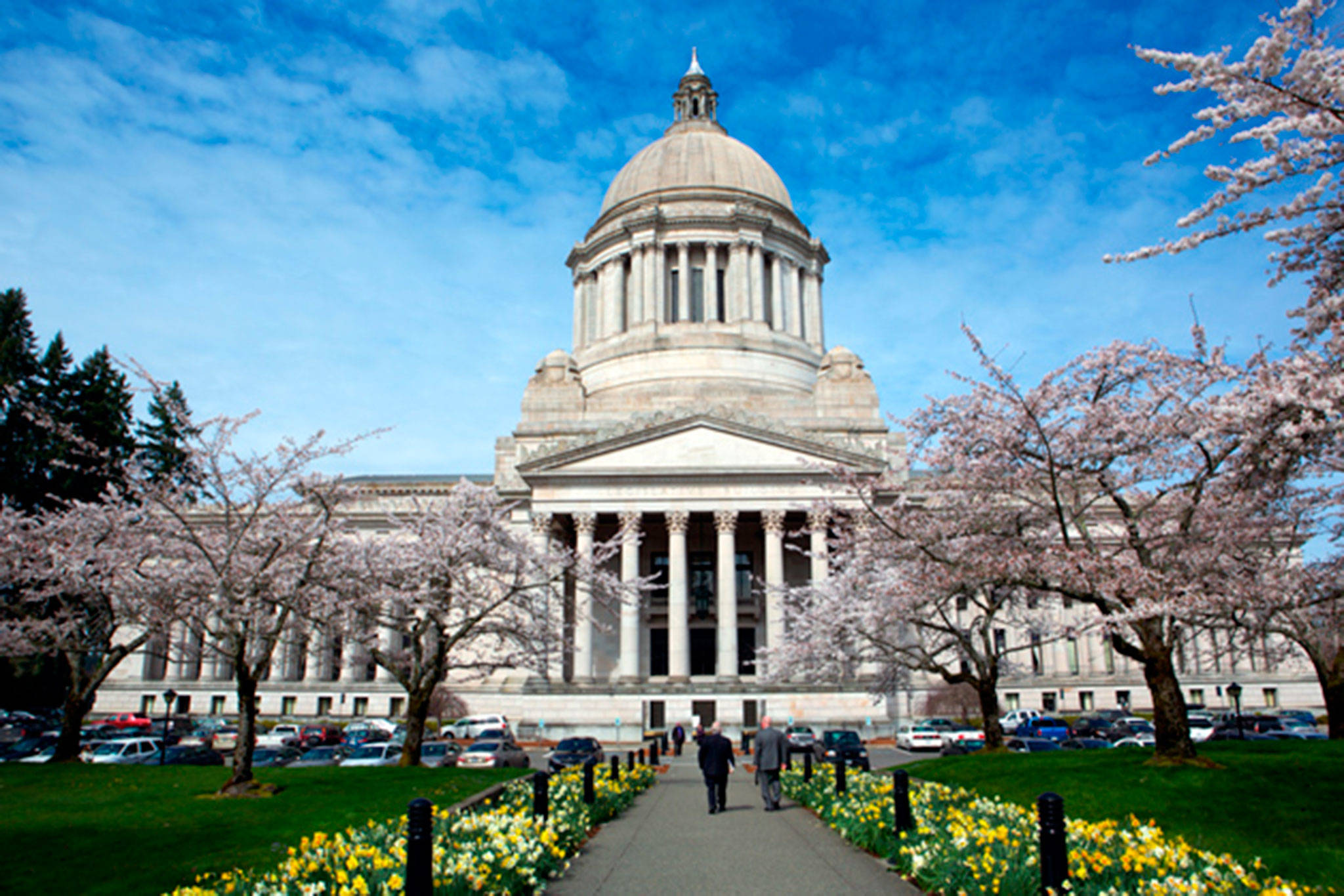OLYMPIA –– In floor action Mar. 3, the House of Representatives passed two measures that affect the cost of providing digitized public records to requesters, and managing access to records via a statewide Internet portal.
Public records are one of the most important tools citizens use to keep tabs on government, but emerging technologies have made maintaining their accessibility in the digital age for government agencies a costly challenge.
HB 1594 passed the House 79-18 while HB 1595 earned 75-22 approval. Both measures now head to the Senate for consideration starting Mar. 15 with public hearings before the State Government Committee.
HB 1595 would allow agencies to charge up to 10 cents per page for electronic records and 10 cents per minute of an audio or video recording based on Seattle’s cost model for electronic records. Agencies may charge up to 40 cents for every 25 electronic attachments and 10 cents per gigabyte for digital downloads under the proposal. An amendment prior to passage lowered the bill’s default charge for electronic records from $5 to $2.
Currently, there is no default charge for electronic records such as email. Agencies may only charge the actual cost of providing the records through the expensive process of hiring a consultant to evaluate the price of file transfers and server maintenance.
The second bill, HB 1594, would provide $25,000 for a study conducted by a consultant handpicked by the state archivist to evaluate creation of a web portal placing public records into a single website inspired by the one used by the state of Utah. The portal would also track requests and notify requesters on estimated time of availability.
Additionally the measure would require the attorney general to assist local governments with managing records requests, and the State Archivist would offer consultation and training services on improving record retention practices.
HB 1594 was amended prior to passage to include an expiration date of June 30, 2020 for the bill’s $1 surcharge on documents recorded by county auditors, which funds state archive services for local governments.
During the House floor discussion Mar. 3, Rep. Terry Nealey, R-Dayton, believes that HB 1595, for which he is the prime sponsor, would help local governments and agencies shoulder the burden of responding to unreasonable public records requests that interfere with their other duties.
The bill, he emphasized, strikes a balance of providing more resources for agencies to manage costs and record retention, while maintaining transparency and public access to records.
Citing a report by the state auditor’s office from last summer, Nealey focused on the cost of responding and fulfilling public records requests.
In 2016, agencies and local governments spent nearly $60 million responding to at least 285,000 public records requests. Roughly 90 percent of those costs were for labor alone.
“There’s a lot of work that went into this bill and I thought long and hard about how to get at what we call vexatious requesters,” Nealey said. “All of these little agencies are sitting on a powder keg. If they get hit with a vexatious request for all records under the existing law, it could be extremely expensive and they can get sued.”
The Association of Washington Cities was among the stakeholder groups that consulted with the legislature on the bills and supports their amended versions, according to Candice Bock, a government relations advocate with the association.
“We really support [these bills] and we think they’re a good compromise and it’s a great time to pass them,” Bock said.
The Washington State Association of Counties has also voiced its support for the two bills’ amended versions, according to policy consultant Jennifer Ziegler, who hopes the bills help ease the labor-intensive process of meeting requests.
“When we respond to requests, we need to review the documents for those statutory exemptions, as well as any relevant exemptions from federal law or case law,” Ziegler said. “This process makes responding to a records request more complex than someone might initially expect. We support the bills in their current form”
Rep. Gerry Pollet, D-Seattle, also expressed his support for HB 1595, saying that it would help ease the financial burden placed on local governments responding to vexatious requests.
“It’s quite reasonable that the state of Washington and its local governments spend less than one percent of all their budgets on public access to public records in a state known for [sunshine laws],” Pollet said. “We shouldn’t look at that cost as being too much, but we don’t want our governments to spend tons of money on things like bot requests and vexatious requests.”
Tim Gruver is a reporter with the WNPA Olympia News Bureau.
This story is part of a series of news reports from the Washington State Legislature provided through a reporting internship sponsored by the Washington Newspaper Publishers Association Foundation. Contact reporter Tim Gruver at timgruver92@gmail.com.



